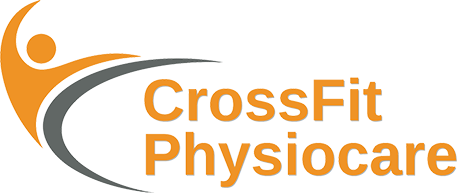
Herniated Disc Pain
Herniated disc pain, also known as a herniated disc or a slipped disc, occurs when the soft inner portion of a spinal disc pushes through a crack in the tougher outer layer. This can lead to compression or irritation of nearby nerves, resulting in pain, discomfort, and other symptoms. Herniated discs most commonly occur in the lumbar spine (lower back) or the cervical spine (neck).
Symptoms of Herniated Disc Pain:
Localized Pain: Pain at the site of the herniation, often described as a sharp or aching pain.
Radiating Pain: Pain that travels along the path of the affected nerve. For example, a herniated lumbar disc can cause sciatic pain that radiates down the leg.
Numbness and Tingling: Sensations of numbness, tingling, or “pins and needles” in the area served by the affected nerve.
Muscle Weakness: Weakness in muscles that are supplied by the compressed nerve.
Reduced Range of Motion: Difficulty moving or bending the spine due to pain and discomfort.
Causes of Herniated Discs:
Age-Related Changes: As people age, spinal discs can lose water content and become less flexible, making them more prone to herniation.
Injury or Trauma: Sudden trauma, such as lifting a heavy object with improper form, can cause a disc to herniate.
Degenerative Changes: Wear and tear on the spine over time can lead to disc degeneration and herniation.
Genetics: Genetic factors can influence the health and structure of spinal discs.
Causes of Herniated Discs:
The treatment of herniated disc pain depends on the severity of symptoms and the extent of nerve compression. Here are some approaches that may be recommended:
Conservative Measures:
Rest: Giving the affected area time to heal.
Pain Management: Over-the-counter pain relievers and anti-inflammatory medications can help manage pain.
Physical Therapy: Targeted exercises to improve flexibility, strengthen supporting muscles, and alleviate pain.
Heat/Cold Therapy: Applying heat or cold packs to alleviate pain and muscle spasms.
Surgical Intervention:
Surgery is considered when conservative treatments fail, or if there are signs of severe nerve compression or worsening symptoms.
It’s important to consult a healthcare provider if you suspect you have a herniated disc or are experiencing symptoms. A healthcare provider can accurately diagnose your condition and recommend appropriate treatment options based on your individual situation.
- Daani Plaza E-595-596, 4th Floor, Ramphal Chowk Rd, Block E, Sector 7 Dwarka, New Delhi - 110075
- +91 99996 26251
- support@crossfitphysiocare.com
How can we help you?
If you are looking for the best and nearest physiotherapist, then click below to message us on WhatsApp.
